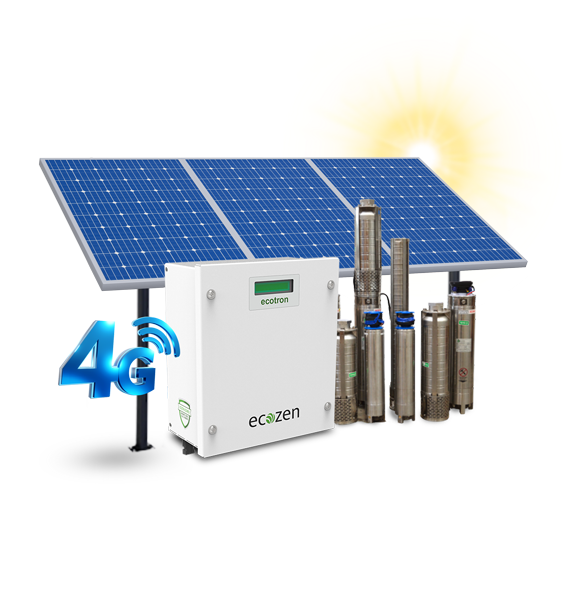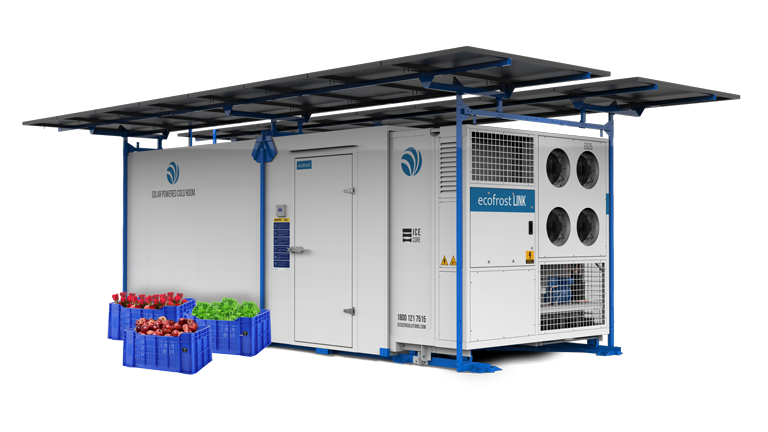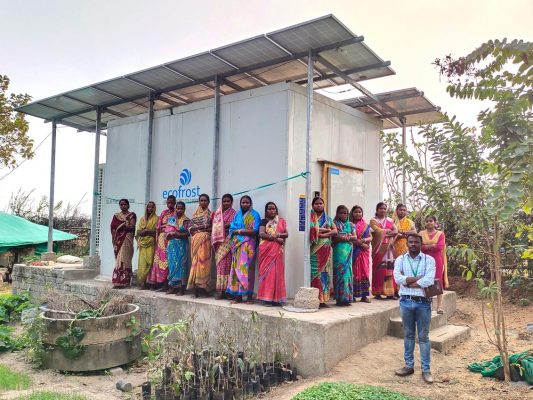Agriculture in India
Agriculture forms the bedrock of India’s economy. The Indian Economy Review estimates agriculture to constitute 18 per cent of India’s GVA in FY24. While the sector grew at an average annual rate of 3.7 per cent from FY15 to FY23, the potential is still huge. India is the largest producer of milk, pulses, and spices globally and the second-largest producer of fruits, vegetables, tea, farmed fish, sugarcane, wheat, rice, cotton, and sugar. Agriculture exports have surged in recent years, reaching ₹4.2 lakh crore in FY23. What is holding back agriculture is low productivity due to a range of factors with a shortage of storage and processing infrastructure one of the key issues.
Initiatives by the Indian Government
The government is actively promoting digital inclusion and mechanisation to foster productivity. The launch of the digital platform e-NAM (National Agriculture Market), making drone technology affordable to farmers, linking 62,318 Primary Agricultural Credit Societies with NABARD through a single National Software Network to improve credit delivery, creation of Agristack for planning, monitoring, policy-making, strategy formulation, and implementation of schemes. However, continuous innovation and technology adoption are essential to meet the growing demands for diversified and nutritious food baskets.
Ecozen’s Impact with deep Agri-Tech
It is in this area that the private sector has been making bold strides. An example is Ecozen, a start-up conceived by three IIT Kharagpur alumni that has revolutionised the agricultural landscape with its cutting-edge climate-smart technologies. Devendra, Prateek, and Vivek, the trio behind Ecozen, turned down lucrative job offers abroad to realise their vision of empowering Indian farmers with sustainable technological solutions.

Ecotron – Smart Solar Powered Pump Controller Set
Ecozen launched its first product, the Ecotron solar irrigation pump controller that leveraged the power of renewable energy. The pump quickly set new standards in agricultural efficiency, revolutionising irrigation practices and freeing farmers from being dependent on the supply of electricity from the grid and saving the cost of fuel for generators to run the pumps. Over 1.6 lakh units have been deployed, not just in India but worldwide, enhancing farm yields and highlighting the potential of renewable energy in agriculture.

Ecofrost – World’s Leading Solar Powered Cold Storage
However, Ecozen’s ambition did not stop at irrigation solutions. They decided to address the critical challenge of post-harvest losses accounting for around 30% of India’s food waste primarily due to a lack of storage and processing infrastructure. The development of Ecofrost Solar Powered Cold Rooms was a game changer. The portable cold storage rooms have helped to preserve perishable goods, dramatically reducing food waste and increasing farmers’ incomes. To date, over 900 Ecofrost cold rooms have been deployed across more than 10 countries, helping to save over 20,000 tonnes of food from being lost.
Odisha x Ecozen – A power packed collaboration
Odisha has been at the forefront of Ecozen’s agricultural impact with its pioneering adoption of Ecozen’s solar-powered cold rooms. The State Government was encouraging farmers to shift from traditional paddy production to high-value horticulture crops and wanted a solution to the perishability challenge. It introduced solar-powered cold rooms as a part of the 5T transformation initiative and Ecozen set up units across the state.

This significantly enhanced the cold chain infrastructure, elevating it to international standards and enabling farmers to diversify into high-value horticultural crops. Ecozen also provides extensive post-harvest management training and farmers use the Ecofrost mobile app to efficiently manage their harvests, leading to increased profits and reduced waste.
The impact of Ecozen’s technologies is vividly illustrated in the story of Bijay Kumar Das from Keonjhar. By transitioning from paddy to vegetable cultivation and utilizing an Ecofrost unit, Das has seen his earnings multiply, showcasing the transformative potential of Ecozen’s solutions as a model for sustainable and profitable farming practices.
Technology has the power to shape a brighter, more sustainable future for agriculture. Ecozen is an example of how technological advancement can empower farmers and lead to a sustainable future for agriculture worldwide.




